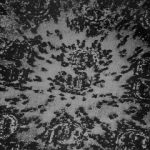What Are the Aims of Science?
” What ue lhe llbas of Science? Aaron.Sloman I ~ , If we are to understand the nature of science, ·”course much wider than science. We all, including we must see it as an activity and achievement of infants and children, aim to extend our knowledge the human mind alongside others, such as the a~d […]

